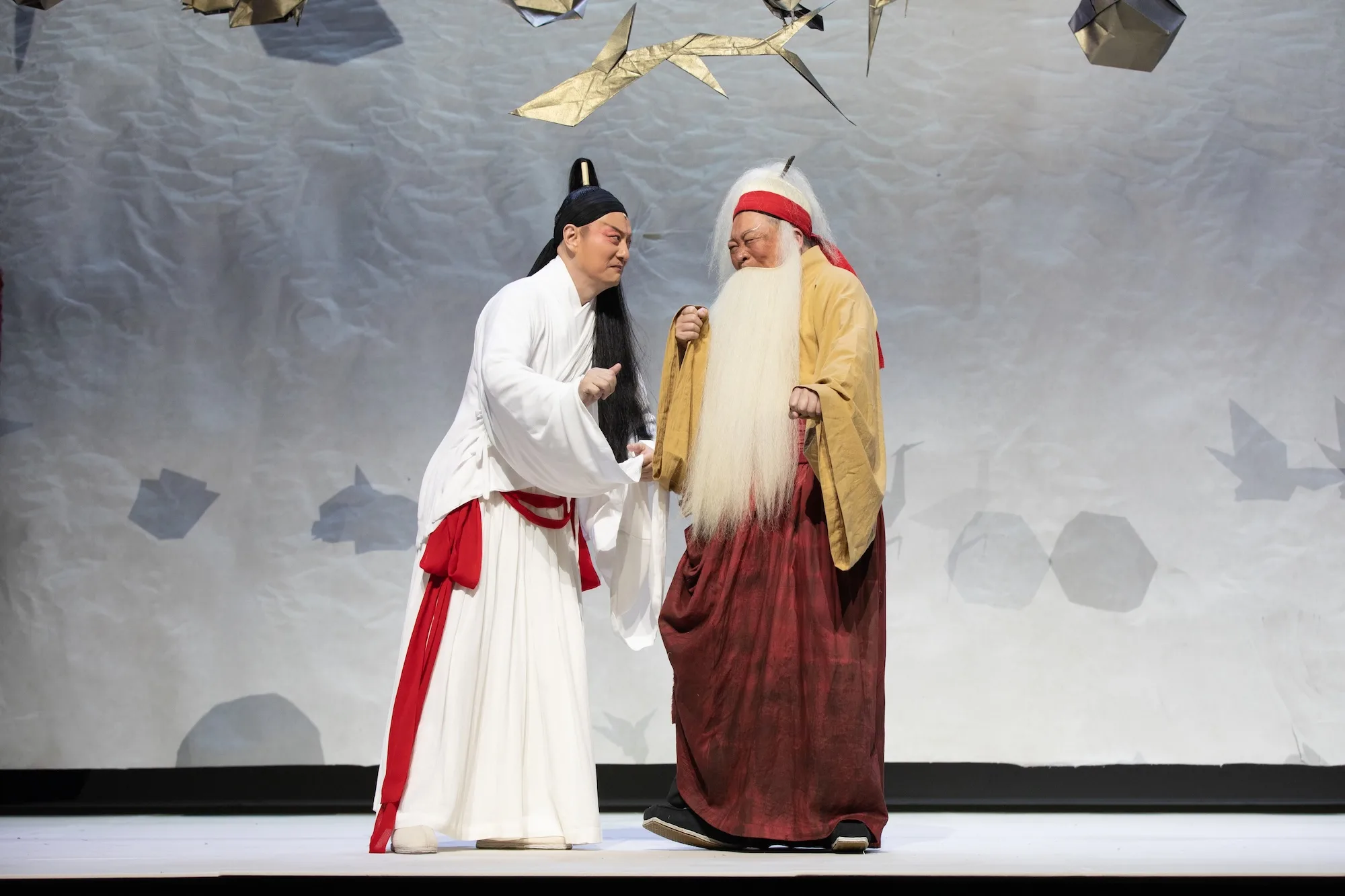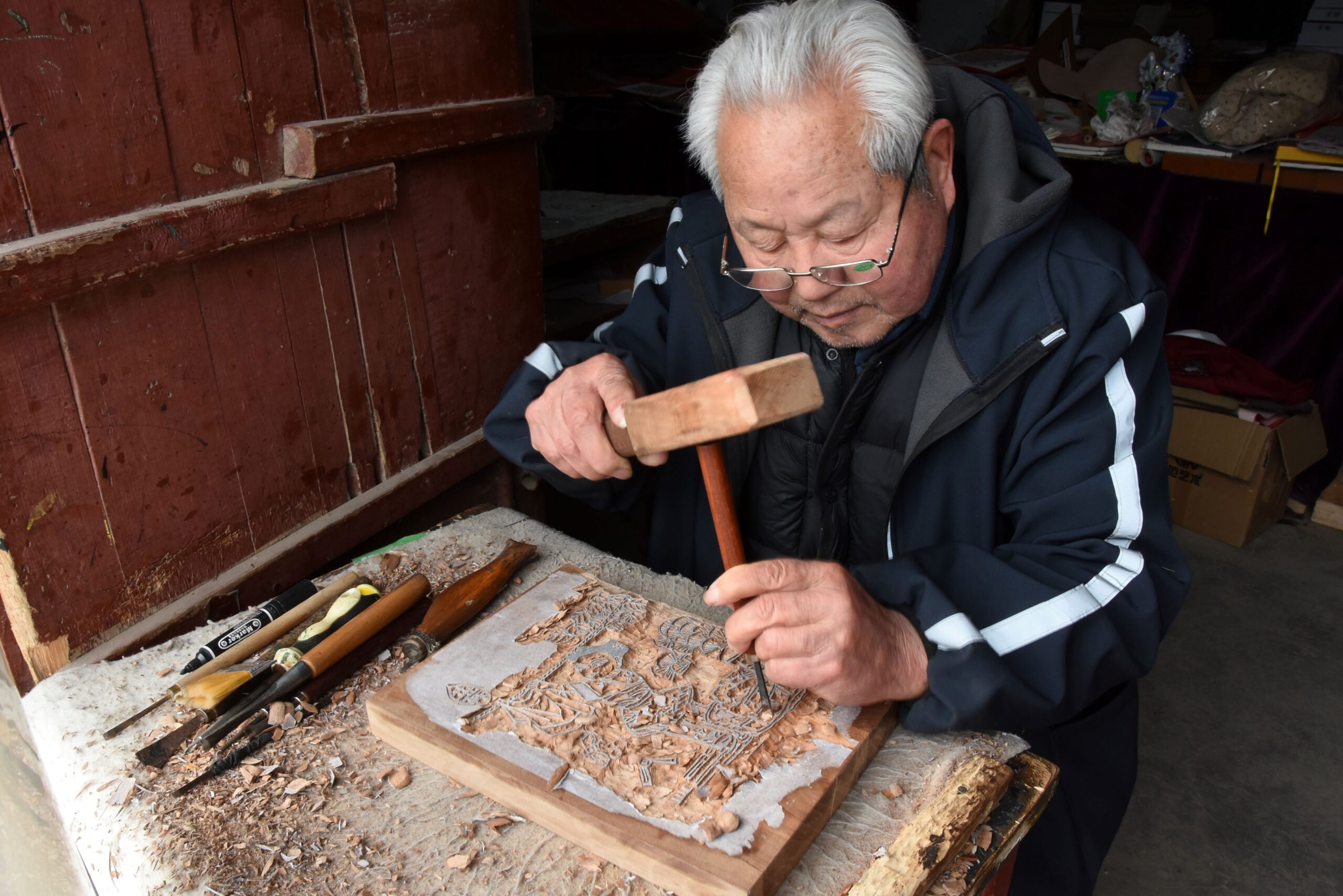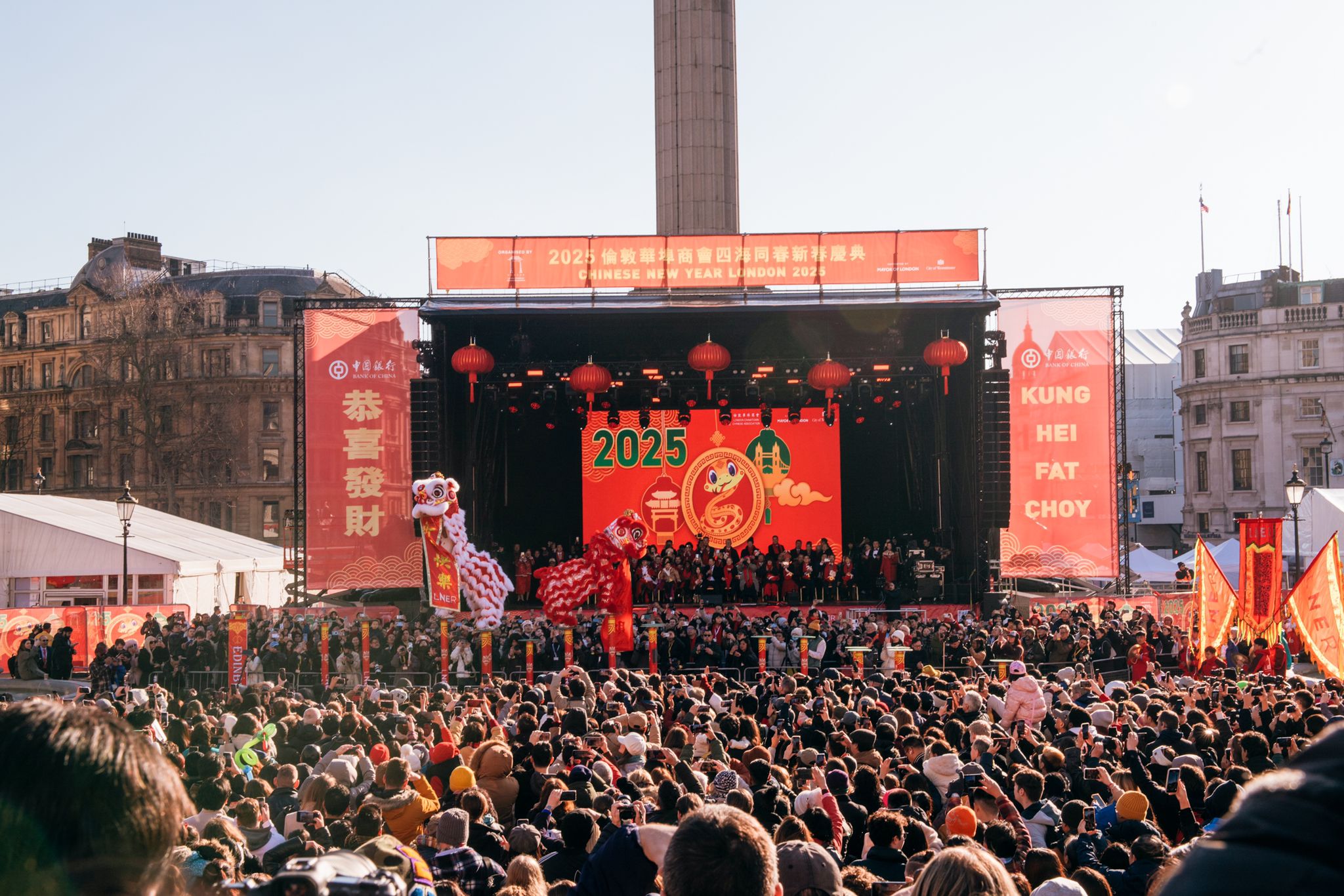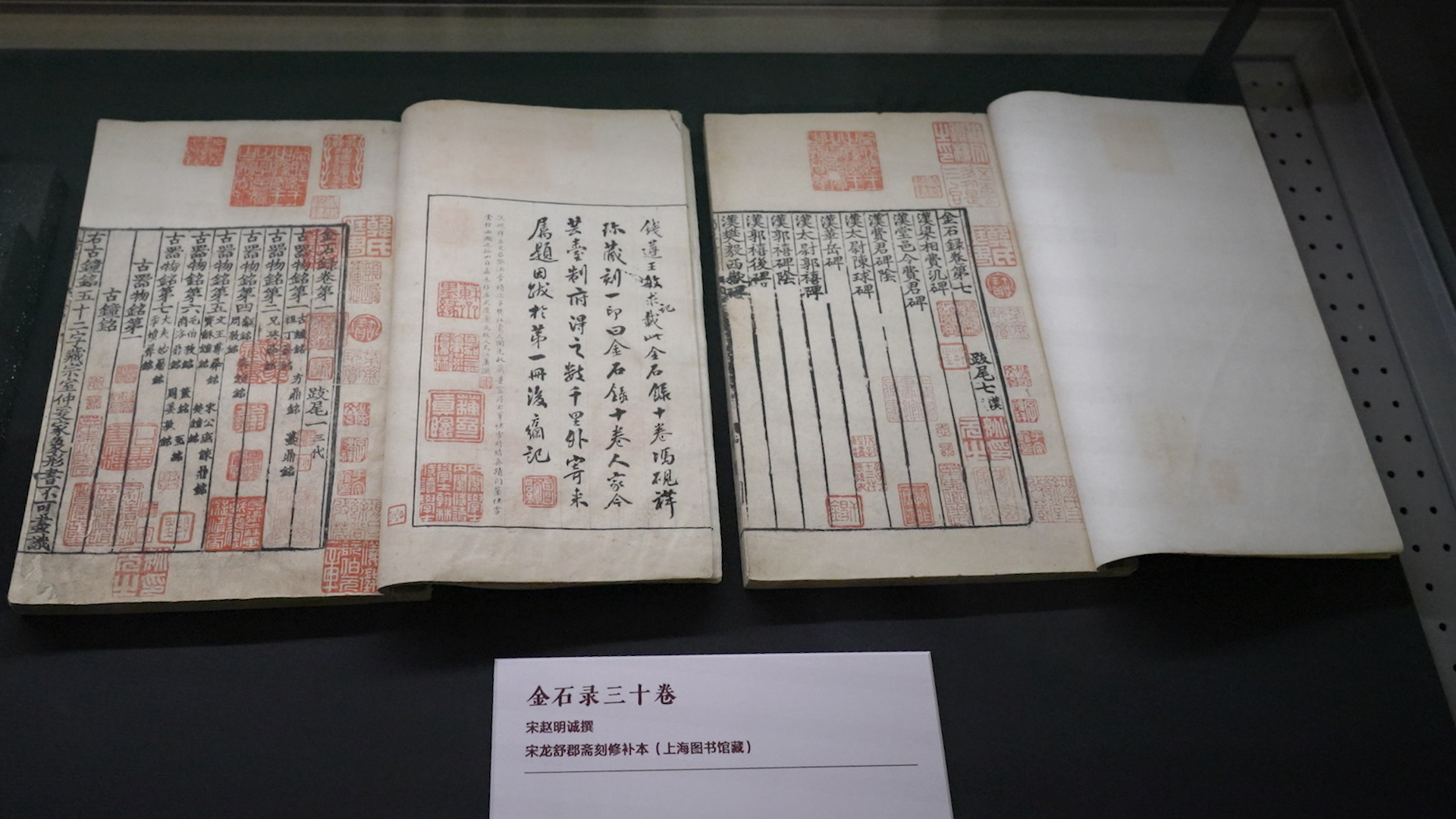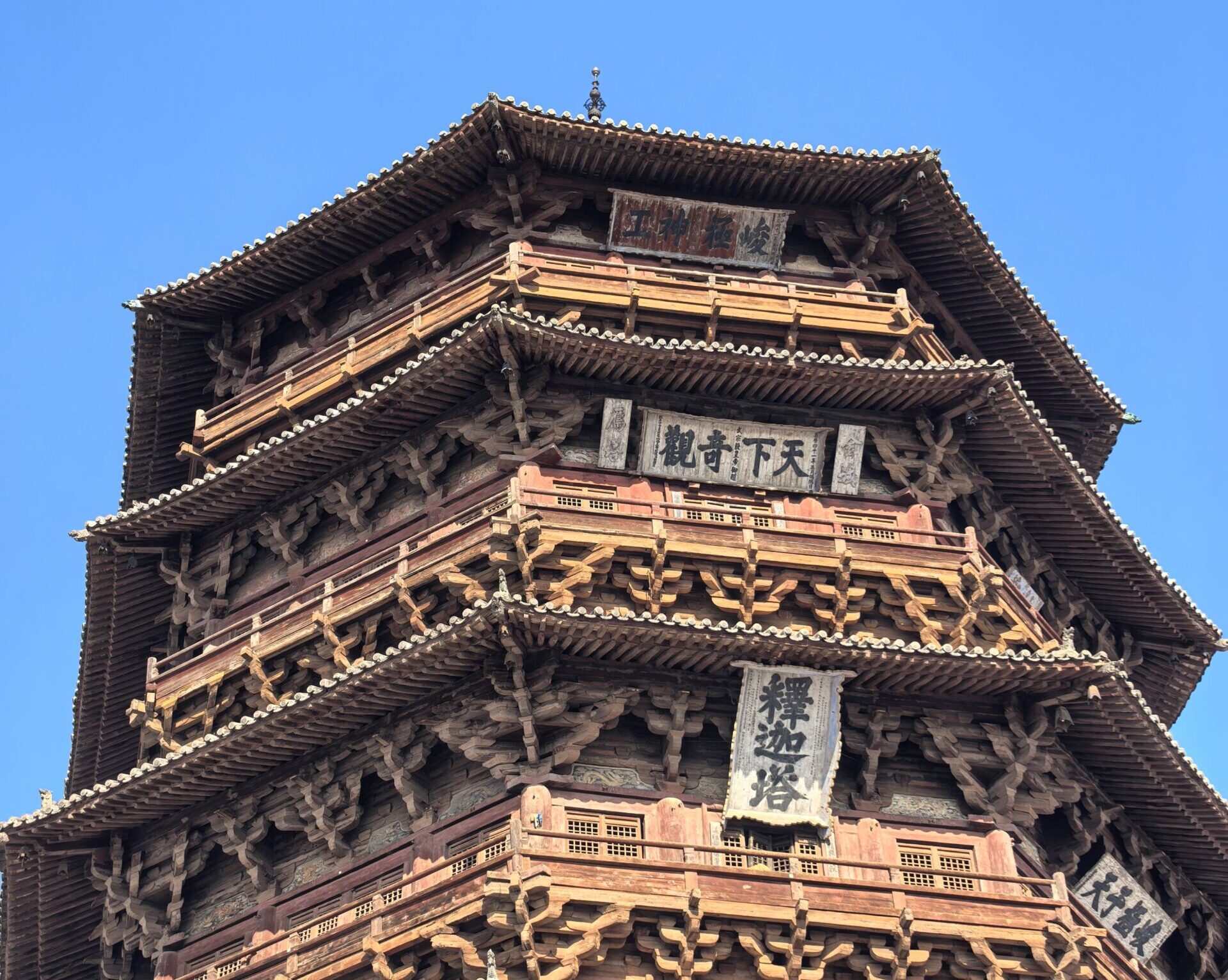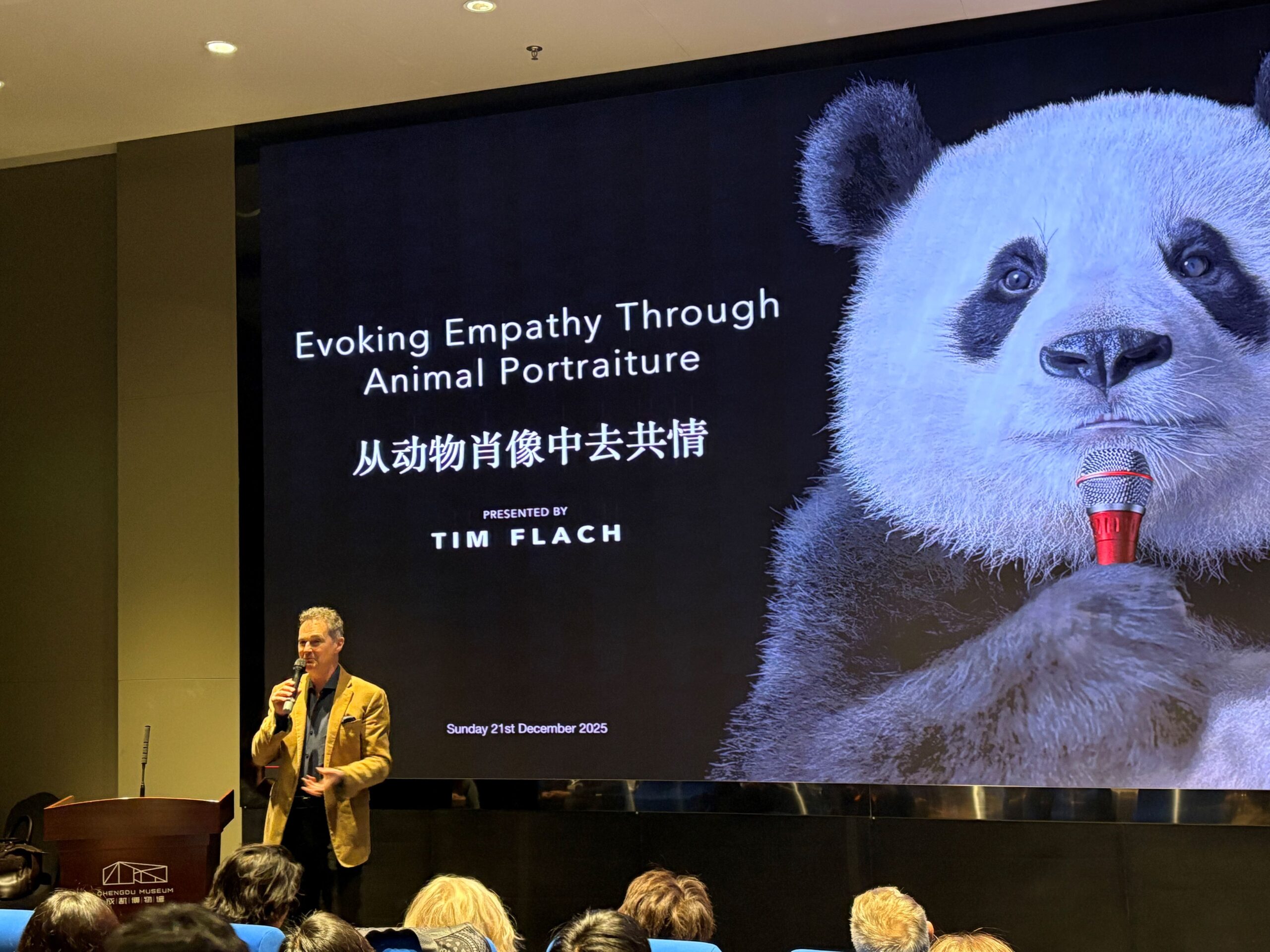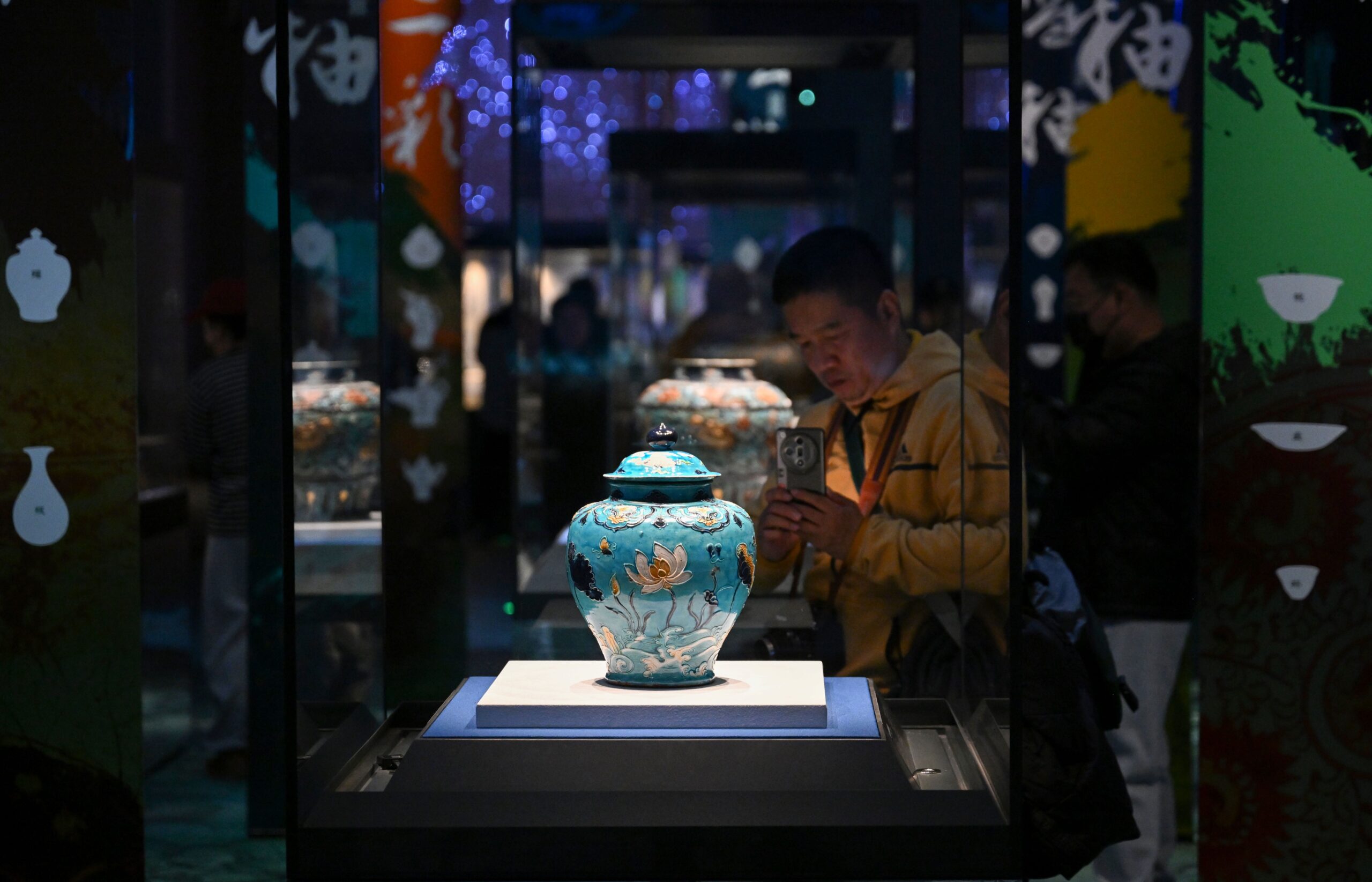Cai Lun: Ein Heldenleben was an inspired but flawed performance, falling short of its ambitious goals of merging East and West.
Written and directed by famed Chinese playwright Chen Xinyi, it was performed for one night only at St Luke’s in London on October 18th.
The performance tells the story of ancient Chinese Eunuch Cai Lun, who invented paper in 105 AD.
It is a drama performed in traditional Peking opera style accompanied by Richard Strauss’ symphonic poem Ein Heldenleben (A Hero’s Life). The music structures the narrative around Cai Lun’s complex life, intended to show Cai Lun as a hero.
Three separate aspects combined to give the overall performance. A two-man traditional Peking opera performance, a Western orchestra playing Richard Straus’s Ein Heldenleben, and a video playing a Peking opera performance by an extended cast of flashbacks from Cai Lun’s life.
Individually, these aspects were very good. Despite a limited timeframe to practice, Fidelio Orchestra gave an inspired performance of Ein Heldenleben. Likewise, the two-man Peking opera performance was fascinating.
However, the inspiration behind this performance of bringing together East and West falls short. The orchestral Ein Heldenleben and Peking opera rarely merge as one, instead feeling like two different aspects forced together. The video performance, while good, was jarring not to see live.
St Luke’s itself is a fascinating location for a performance. Arriving in the dark evening at the old church lit up in light is always wonderful. The fact that this was the first play performed at St Luke’s was an extra treat.
The performance was divided into six parts with a 20-minute intermission. Coming in at two and a half hours in total. Before each half, writer and director Chen Xinyi gave an explanation behind the performance.
The over 80-year-old playwright spoke of her goal for the performance and why she was inspired to create it.
This added time to a play that probably could have done without the extra length. It also put thoughts and interpretations in the audience’s heads that I couldn’t help wondering we would have been better without. Let us go in blind and trust us to draw the message from the performance.
However, the lack of follow-through on the inspired goals is a shame when you can see Chen Xinyi’s passion in her speech.
How she became inspired to put this Chinese-Western blend together was an insight into the life of a fascinating woman. When she was 19, Chen Xinyi first heard the LP record of Beethoven’s 5th Symphony. The LP stayed with her for 10 years before China’s tumultuous mid-20th century meant she had to part with the LP and “there was 10 years without music”. However, at 40 years old in 1979 at the People’s Stadium in Beijing, she was able to hear Beethoven’s 5th Symphony played in person for the first time.
Since that evening in Beijing, she has worked to blend Western music and Chinese performance.
While this performance didn’t reach the inspired goals of blending East and West, the individual components were strong. The story of Cai Lun, which many Westerners would be unfamiliar with, was also an interesting topic to explore. Individual moments also showed the care put into the performance – the program for example was printed on paper made the same way Cai Lun originally produced paper.
As to why she choose London for the first overseas performance of Ein Heldenleben: Cai Lun?
“I love London, I love England. It’s where Shakespeare is from”.
Written by Robert Posintgs, interview with Chen Xinyi by Yini Wang. If you liked this article why not read: Flat Earth Exhibition Showcases Vivien Zhang’s Latest Artworks

